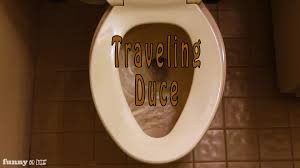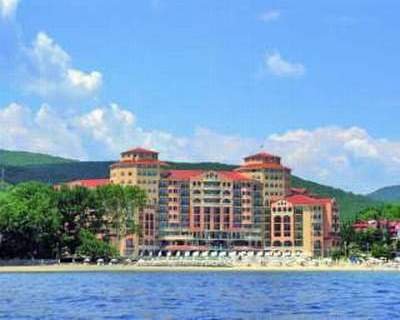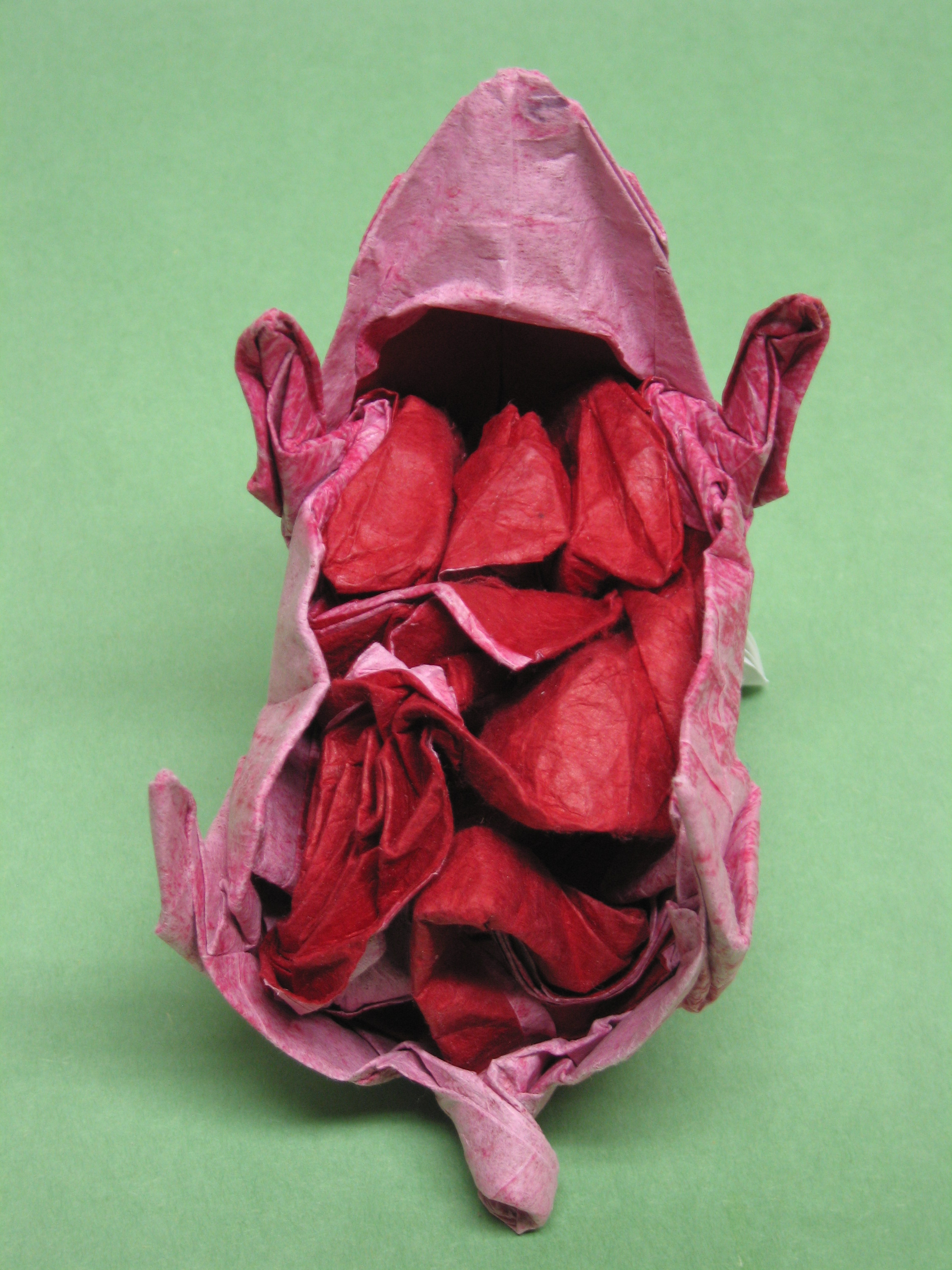During summer 2016, Norway observed an increase in Salmonella enterica subsp. enterica serovar Chester cases among travellers to Greece.
 Our aim was to investigate genetic relatedness of S. Chester for surveillance and outbreak detection by core genome multilocus sequence typing (cgMLST) and compare the results to genome mapping.
Our aim was to investigate genetic relatedness of S. Chester for surveillance and outbreak detection by core genome multilocus sequence typing (cgMLST) and compare the results to genome mapping.
We included S. Chester isolates from 51 cases of salmonellosis between 2000 and 2016. Paired-end sequencing (2 × 250 bp) was performed on Illumina MiSeq. Genetic relatedness by cgMLST for Salmonellaenterica subsp. enterica, including 3,002 genes and seven housekeeping genes, was compared by reference genome mapping with CSI Phylogeny version 1.4 and conventional MLST.
Confirmed travel history was available for 80% of included cases, to Europe (n = 13), Asia (n = 12) and Africa (n = 16). Isolates were distributed into four phylogenetic clusters corresponding to geographical regions. Sequence type (ST) ST411 and a single-locus variant ST5260 (n = 17) were primarily acquired in southern Europe, ST1954 (n = 15) in Africa, ST343 (n = 11) and ST2063 (n = 8) primarily in Asia. Part of the European cluster was further divided into a Greek (n = 10) and a Cypriot (n = 4) cluster. All isolates in the African cluster displayed resistance to ≥ 1 class of antimicrobials, while resistance was rare in the other clusters.
Whole genome sequencing of S. Chester in Norway showed four geographically distinct clusters, with a possible outbreak occurring during summer 2016 related to Greece. We recommend public health institutes to implement cgMLST-based real-time Salmonella enterica surveillance for early and accurate detection of future outbreaks and further development of cluster cut-offs.
Whole genome sequencing of Salmonella Chester reveals geographically distinct clusters, Norway, 2000 to 2016
Siira Lotta, Naseer Umaer, Alfsnes Kristian, Hermansen Nils Olav, Lange Heidi, Brandal Lin T. Whole genome sequencing of Salmonella Chester reveals geographically distinct clusters, Norway, 2000 to 2016. Euro Surveill. 2019;24(4):pii=1800186. https://doi.org/10.2807/1560-7917.ES.2019.24.4.1800186
https://www.eurosurveillance.org/content/10.2807/1560-7917.ES.2019.24.4.1800186#abstract_content







 reluctant to throw away, and birds sat feeding off the buffet.
reluctant to throw away, and birds sat feeding off the buffet. Vagabond, a Chicago Tribune humorous adventure travel column.
Vagabond, a Chicago Tribune humorous adventure travel column. they were. Protein is hard to come by in some parts of the Andes."
they were. Protein is hard to come by in some parts of the Andes." below.
below. much-anticipated holiday.
much-anticipated holiday..jpg) Bangladesh, I was keen for some more of that action. That is, until the girl I was staying with put me off slightly. "See the open drains running next to them on the street," she said, pointing near the vendors’ carts. "Where do you think they get their cooking water from? Don’t. Eat. The street food." Plus, giardia is rife.
Bangladesh, I was keen for some more of that action. That is, until the girl I was staying with put me off slightly. "See the open drains running next to them on the street," she said, pointing near the vendors’ carts. "Where do you think they get their cooking water from? Don’t. Eat. The street food." Plus, giardia is rife.